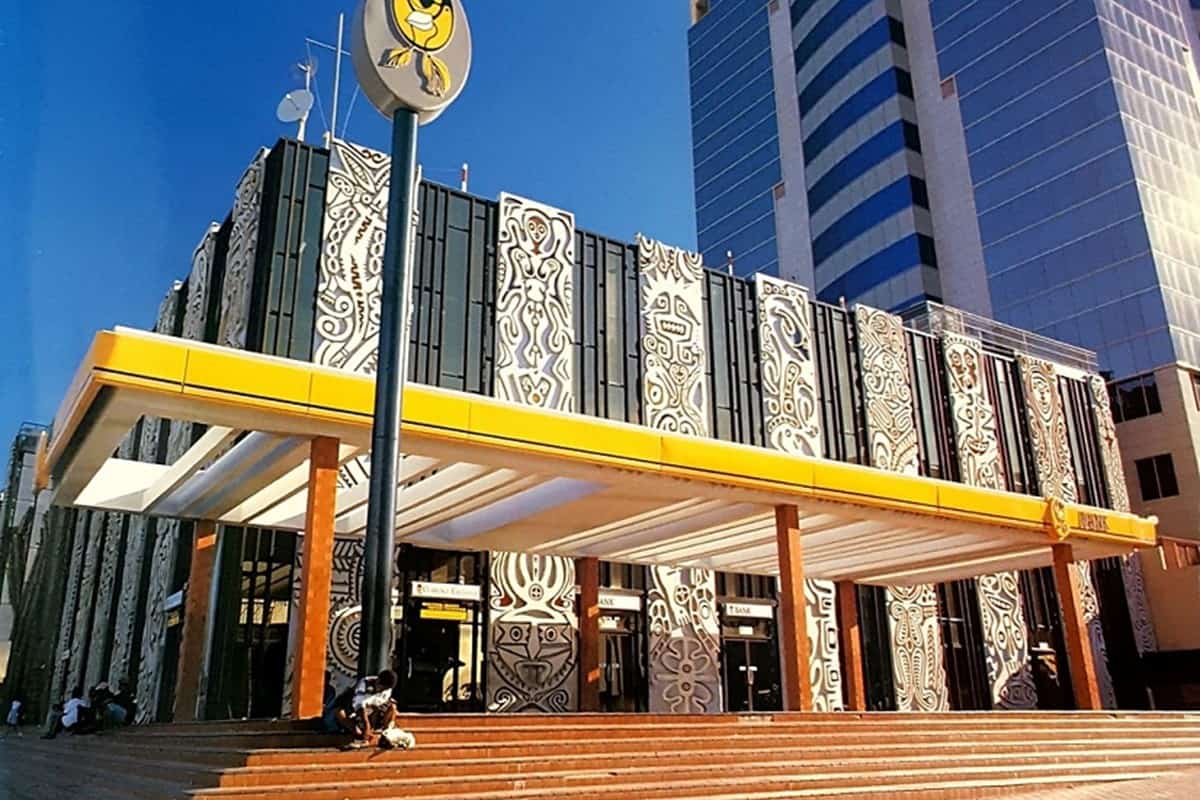Two major commercial banks in Papua New Guinea have opposed the 45 percent tax on the banking sector to come into effect next year.
BSP Financial Group Limited chief executive officer, Robin Fleming said as BSP understands the government will be repealing the Additional Company Tax of K190 million per annum which applies only to BSP from 2023, and this is replaced by an increase in the company tax rate for all banks from 30 per cent to 45 per cent.
He said while the banking sector has been seen to be profitable in recent years, the sector has absorbed many costs associated with delivery of banking services to the people of PNG.
“These include inflation-related adjustments to operating costs, exchange rate driven costs in licence fees and other professional services that can only be provided from offshore, and costs associated with infrastructure-related services such as power and telecommunications,” he said.
Fleming said while it is pleasing that the additional company tax act will be repealed, the overall amount of tax paid by BSP will not change and the profits after taxation that are available for distribution to all of its shareholders by way of dividends, will still be negatively impacted.
“Our shareholders such as Kumul Consolidated Holdings, Nambawan Super, Nasfund, Teachers Savings and Loans, Credit Corporation and Petroleum Resources Kutubu will continue to receive reduced dividends as a result of the higher tax rate,” he said.
Fleming said banks in Papua New Guinea will now be subject to one of the highest tax rates globally.
He said the absence of competition in the banking sector has long been seen as an important issue for the Bank of PNG and the government and a tax rate at 45 per cent will be seen as a disincentive for potential new entrants into the sector.
Kina Bank chief executive officer, Greg Pawson said the banks have strongly opposed any increase in corporate tax rate for the banking sector and are disappointed in the lack of consultation by Treasurer.
He said the unintended consequences of such a move will be detrimental for the banking sector in PNG, which is already structurally imbalanced.
